Ways of Being

A series of conversations amplifying the rich Indigenous systems of knowledge that persist in Country. This series will move beyond the homogenising binary of Indigenous / Western, and instead highlight the plurality of Indigenous epistemologies in Australia, as well as the points of commonality between them.
Series convened by Stephen Gilchrist, Deputy Director of the Power Institute, and lecturer in Indigenous Art at the University of Sydney.
The way we perceive and understand the world is constructed by historical and political forces. The study of these forces, however, has long been dominated by Eurocentric methodologies that centre rationality and enlightenment, and the ever watchful eye of the colonial gaze.
The continent of Australia, however, has long been home to a multiplicity of alternative knowledge systems – ways of being in the world that belong to specific places, people and languages.
This series of conversations seeks to amplify the rich Indigenous systems of knowledge that persist in Country, surviving and resisting the incursions of Empire. It will move beyond the homogenising binary of Indigenous / Western, and instead highlight the plurality of Indigenous epistemologies in Australia, as well as the points of commonality between them.
Each event in this series will focus on a different cultural community, and the knowledge systems carried by them. The events will be structured conversations between a number of speakers, drawing together knowledge-keepers of all kinds – artists, scholars, curators and senior community members.
The organisation of each event will start with one or two key contacts, and we will then follow their advice about the best interlocutors to accompany them.
Events
Past
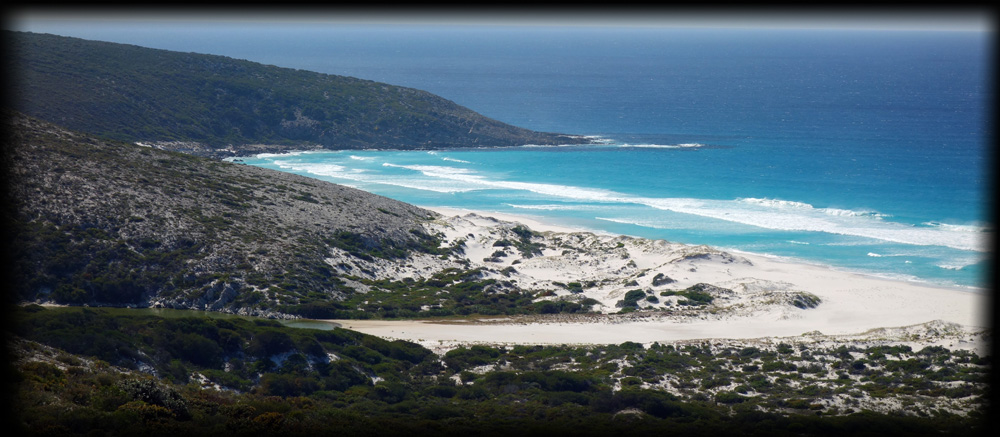
NYUNGAR WAYS OF BEING with Roma Yibiyung Winmar, Ken Hayward, Clint Bracknell, and Jarni McGuire
People
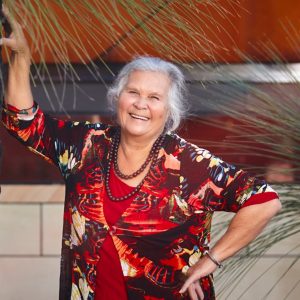
Dr Roma Yibiyung Winmar
Dr Roma Yibiyung Winmar is continuously promoting Noongar language and cultural activities. She first rose to prominence as an acclaimed painter and emu-egg carver. In recent years, she has been heavily involved with Perth Festival and a creative advisor and singer. A highly experienced Noongar language teacher, she holds positions at Moorditj Community College and Edith Cowan University, where she was awarded an honorary doctorate for her work in education and the arts.
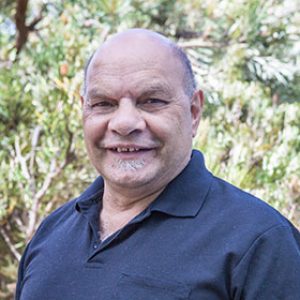
Ken Hayward
Ken Hayward is a senior Noongar man with a wealth of experience and knowledge of working on Country and engaging with Aboriginal communities. He has more than two decades of experience working across universities, government, and the private sector promoting Aboriginal culture and facilitating better relationships between non-Aboriginal and Aboriginal people. He holds degrees in anthropology, public health and tropical medicine and lectures across a wide spectrum of disciplines at Edith Cowan University.

Clint Bracknell
Clint Bracknell is a Noongar musician, Professor of linguistics at the University of Queensland, and deputy chair of the AIATSIS council. A strong advocate for Aboriginal and Torres Strait Islander languages and creative practices, he co-translated both the first full adaptation of a Shakespearean work and the first dubbed feature film in a language of Australia.
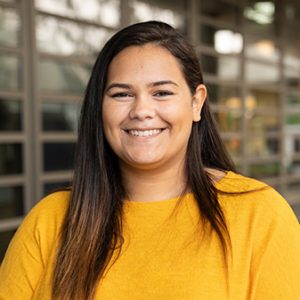
Jarni McGuire
Jarni McGuire is a Whadjuk, Ballardong, and Yued Noongar woman living in Boorloo (Perth). As a contemporary Noongar artist and designer, she loves bringing traditional stories and art to the forefront of contemporary practice with her digital and physical work via ‘Jarni Creative’. She finds inspiration in her culture, using language, and listening to senior people.
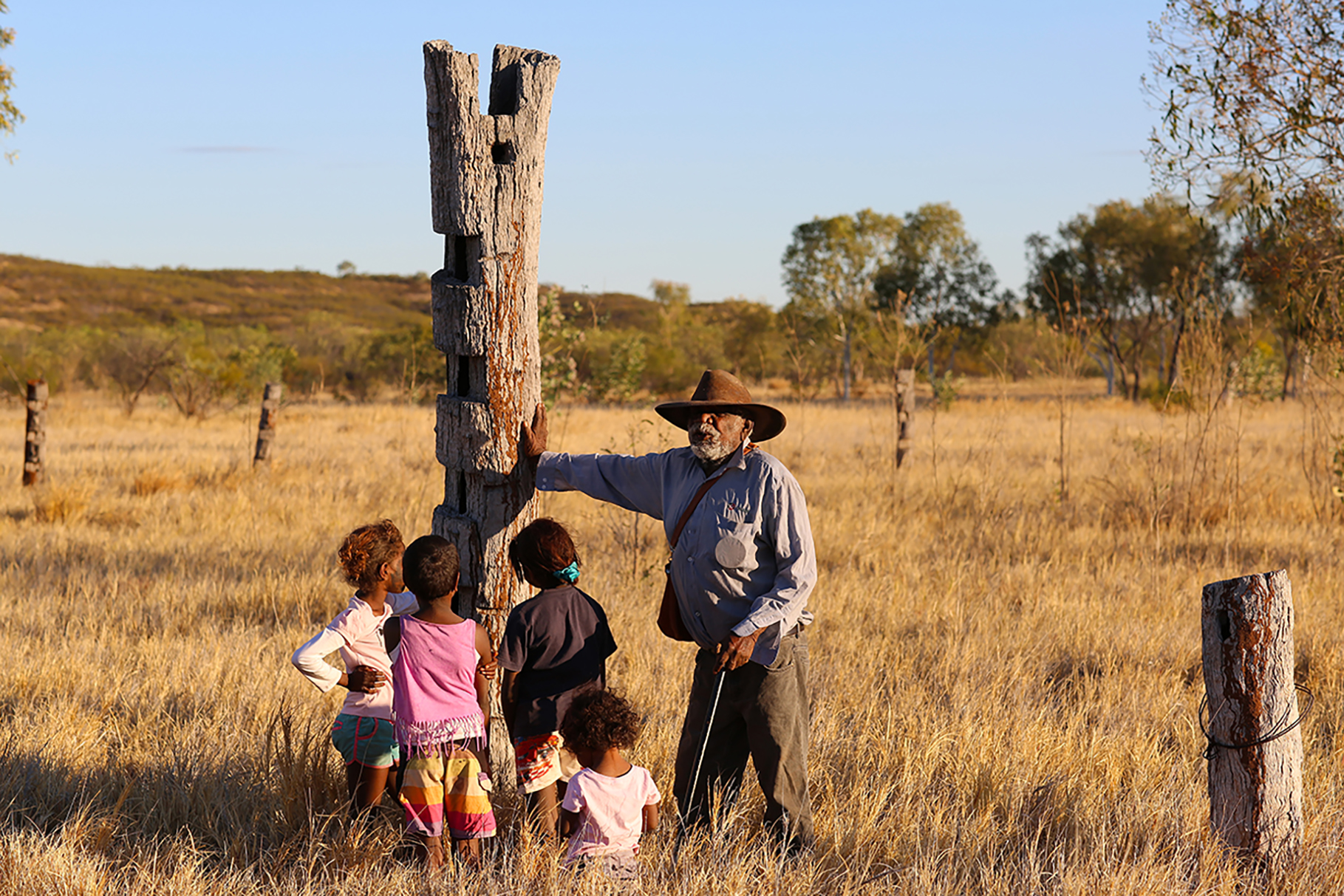
GURINDJI WAYS OF BEING with Josie Crawshaw, Brenda L Croft, Leah Leaman & Felicity Meakins
People
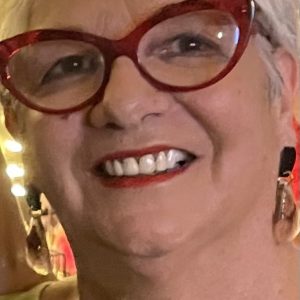
Josephine Crawshaw
Josephine Crawshaw is a Gurindji elder and descendent of the Stolen Generation and a long-term advocate and activist for the recognition of the sovereign rights of First Nations Peoples.
Josie has been a founding member of national and international political organisations such as the Aboriginal Provisional Government, Top End Aboriginal Coalition and National Coalition of Aboriginal Organisations. Her decades of activism include organising a 1000-person convoy from the NT to Sydney to protest during the Bicentenary celebrations in 1988.
Her professional career has seen her appointed as the Top End Commissioner and ATSIC Commissioner; NT State Manager of the Department of Employment and Workplace Relations; and Foundation CEO of the Peak Body for Aboriginal Children, Youth and Families in the Northern Territory, known as SAF,T.
A sabbatical took her across the USA and Canada to study Treaties and Self Determination for First Nations Peoples and, over two decades, she helped draft the UN Declaration on the Rights of Indigenous Peoples. More recently, she was the Top End Coordinator, Delegate and National Co-Chair of the Statement from the Heart Working Group.
Her current activism is as a founding member of the ‘Close Don Dale Now’ movement to shut down Darwin’s infamous youth prison and implement the recommendations of the Royal Commission into the Protection and Detention of Children in the Northern Territory.
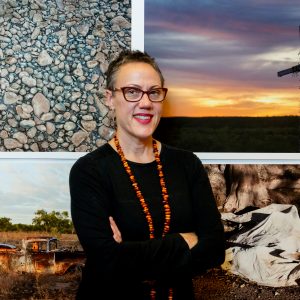
Brenda L Croft
Brenda L Croft is from the Gurindji/Malngin/Mudburra peoples from the Victoria River region of the Northern Territory of Australia, and Anglo-Australian/German/Irish/Chinese heritage. She has been involved in the Australian First Nations and broader contemporary arts and cultural sectors as a multi-disciplinary creative practitioner – artist, arts administrator, consultant, curator, educator and researcher – since the mid-1980s. Brenda is privileged to live and work on Ngambri/ Ngunawal / Ngunnawal country in Canberra where she is Associate Professor, Indigenous Art History and Curatorship at the Centre for Art History and Art Theory, School of Art and Design, College of Arts & Social Sciences, Australian National University.
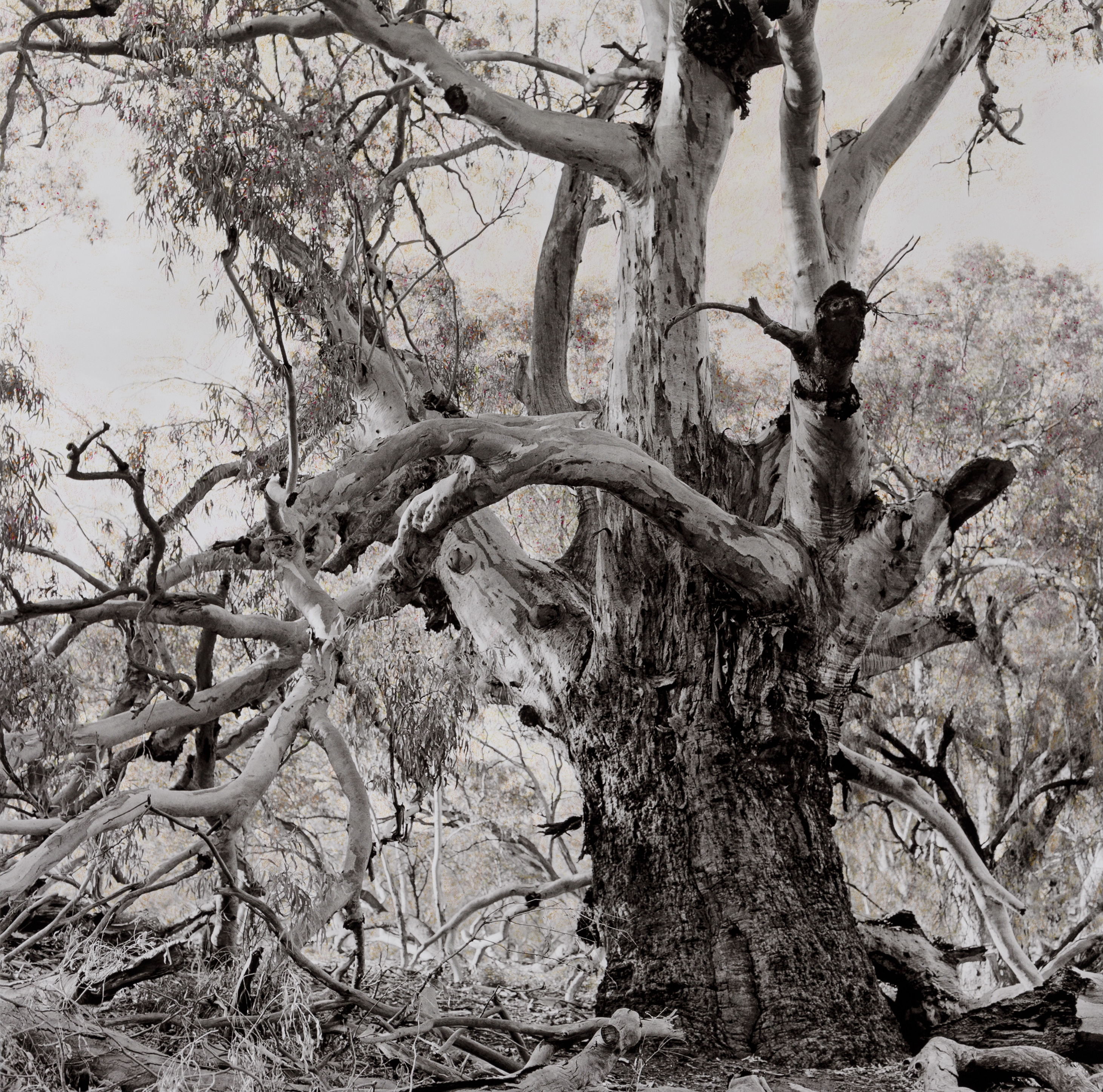
BARKINDJI WAYS OF BEING with Nici Cumpston, Zena Cumpston, David Doyle & Raymond Zada.
People
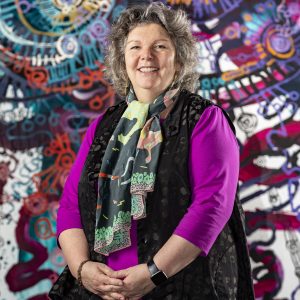
Nici Cumpston
Nici Cumpston is a proud Barkandji artist, curator, writer and educator, whose family are also of Afghan, Irish and English descent. She commenced at the Art Gallery of South Australia in 2008 and is currently the Curator of Aboriginal and Torres Strait Islander art. Since 2014 she has also been the Artistic Director of Tarnanthi Festival of Contemporary Aboriginal and Torres Strait Islander Art.
Having studied fine arts, specialising in Photography at the University of South Australia in Adelaide, she has worked as a photographic lecturer at Tauondi Aboriginal Community College, Port Adelaide, as well as at the University of South Australia.
She has been exhibiting her works of art since 1998 and in that time has been invited to participate in many prestigious awards, group and solo exhibitions. She exhibits regularly and her work is held in major institutions and private collections nationally and internationally.
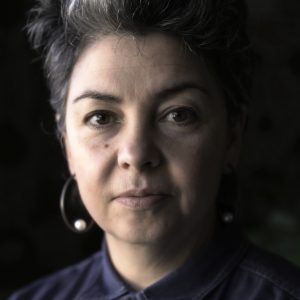
Zena Cumpston
Zena Cumpston is a Barkandji woman with family connection to Broken Hill and Menindee in western New South Wales. Zena is a writer and also sometimes works as a curator, consultant, educator and researcher. Most recently she curated the Emu Sky exhibition at the University of Melbourne, bringing together more than 30 Aboriginal community members to share their stories, research, knowledge and artworks in an exploration of Indigenous knowledge. Zena’s book Plants; past, present and future will be released in September 2022.
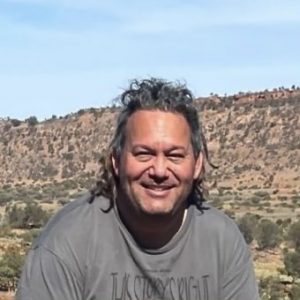
David Doyle
David Doyle is a Barkindji/Malyangapa man based in Broken Hill, NSW. His family is from the Menindee region of the Baaka, or Darling River. Following the traditions of his mother, grandmother and great-grandmother, Doyle is an emerging carver and artist. He makes carved emu eggs, mussel shell jewelry, and wooden objects including bowls and sculptures.
Doyle also is a knowledge holder of Barkindji bush medicines and edible plants. He produces medicinal lotions, tinctures and soaps using these same medicines. Doyle explains: ‘I use materials from the Baaka in most of my sculptures because I’m making something that’s part of myself, part of my culture and my history.’
Publishing
Selected Writings
By: Gordon Bennett
Lorem ipsum dolor sit amet. Eum tenetur quae non eligendi consectetur qui dolor totam qui dolorum ipsa 33 nesciunt voluptates a quasi voluptatem et reiciendis voluptate! In laudantium excepturi id officiis modi non explicabo nobis aut consequuntur voluptas in illum molestiae cum voluptate nihil et maiores iste.



